AYBL co-founder credits his finance director for record profits
Sportswear brand AYBL has more than tripled its profits and credits its finance director as a key factor in its success.
AYBL’s pre-tax profits raced up from £1.6 million to £6.2 million in the year to March, on sales that grew 32 per cent to £38.6 million, accounts to be filed soon will show. Its gross profit margin rose 6 percentage points to 69 per cent, helped by reduced discounting and tight control of its stocks.
Reiss Edgerton, 32, who set up the Redditch-based retailer with his brother, Kristian, 30, in 2018, says: “Yes, we have been making good products that everyone likes, but we have managed our stock really well.”
Edgerton says a number of recent senior hires were important delivering AYBL’s record profits, including in its merchandising and ecommerce operations. However, his decision to hire a chief financial officer has proved the “driving factor” behind much of the improvement, he says.
Rob Pound, a former chief operating officer at one of KPMG’s divisions, joined in 2022 as AYBL’s chief financial officer. “Hiring Rob is the best thing we have ever done,” says Edgerton. “Initially I, maybe a bit naively, dismissed [the idea of hiring him] as the advice we had been given was to get a CFO who had experience in our sector and not from a big four [accountancy firm] or a really big corporate. The advice was that those people try to bring the KPMG mindset to your business and that’s not how you want to run it.
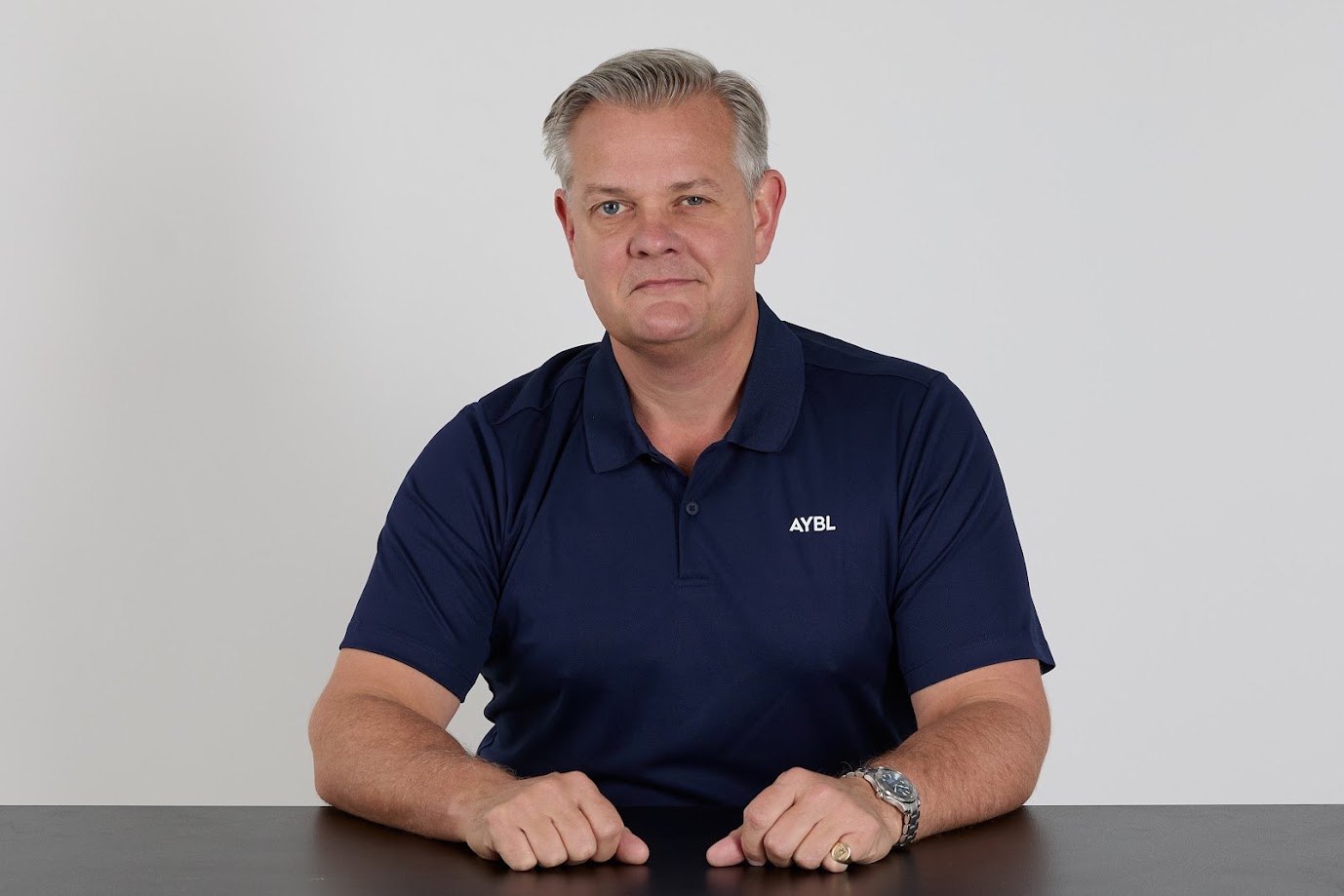
“But because of the experience Rob had previously [at KPMG] in a chief operating officer role, he understands people and is a good listener. When he came in his first thing was ‘I have to unlearn what I have learnt for the last 25 years. I just want to see how you run your business’. He spent the first six months learning, and he has done it in a really good way. He has everyone on his side. It is a skill in itself to be like that.
“He has been a big driving factor in lots of different things, working with our suppliers, expanding our supply chain, moving into Bangladesh and Vietnam where we have a trade deal [with those countries, reducing import duties].
Edgerton said that while he and his brother still tried on all the product samples for its menswear range, launched last autumn, as part of their quality control process, he accepted that his role in the business had changed as it has grown. “I have to get the right people into this business, that is what my job has become,” he says.
Many direct-to-consumer ecommerce brands outsource parts of their operations to specialist third-party logistics (3PL) companies, which store the stock, dispatch it to customers, and manage returns. AYBL has decided to retain all those operations in-house. “If we were with a 3PL we would definitely not be as profitable as we are. It’s been difficult to do, but I am glad we have done it,” says Edgerton.
He has just signed a lease on its first overseas warehouse in the Netherlands to better serve its customers in Europe, who account for about a third of its sales. “We almost doubled our sales in Europe last year and this year they are growing really quickly,” says Edgerton.
“We found as our average order value has increased it is getting closer to the €150 limit, the point above which the customer has to pay tax on the goods. We’ve spent a lot of money on freight and, running the numbers, again we realise we will end up with a net gain by opening up a warehouse in the Netherlands. We will actually save money by doing it.”
He is less convinced by the merits of opening physical shops, as many other ecommerce brands have done. “We are not going to jump into anything like that at the moment,” says Edgerton. “Potentially there is wholesale and there are ways that we can get into physical retail that are less risky than going gung-ho and opening lots of stores.
“We want to build this business in a controlled and disciplined manner. Let’s test the market first and if it works we’ll go all in.”
In 2021, the Edgertons sold a minority stake in their business for a “significant investment” to Lewis Morgan, a former school friend and the co-founder of Solihull-based gym wear brand Gymshark, who became executive chairman. In the trading year to March, the company paid its shareholders a £275,000 dividend, up from £62,500 the year before, with the directors receiving a low salary.
For the moment Edgerton said they had decided to reinvest, rather than extract more money from the business, despite it having £9 million in cash on its balance sheet at the end of its trading year. “This business is the biggest opportunity I might ever have in my life. I want to try to make the most of it. If we can invest the profit back into the business, and make more money, we can build a bigger and better business because of it,” he said.
AYBL was the No 1 company on The Sunday Times 100 in 2022, our annual ranking of Britain’s fastest-growing private companies. To nominate your company for the 2025 programme visit thetimes.com/st100
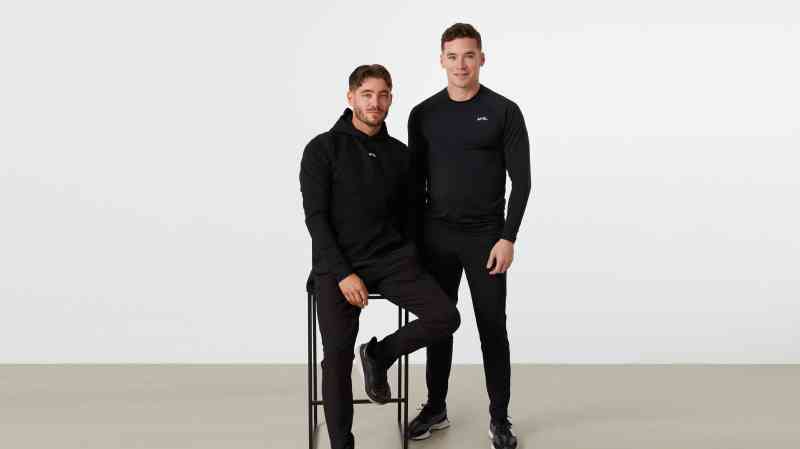
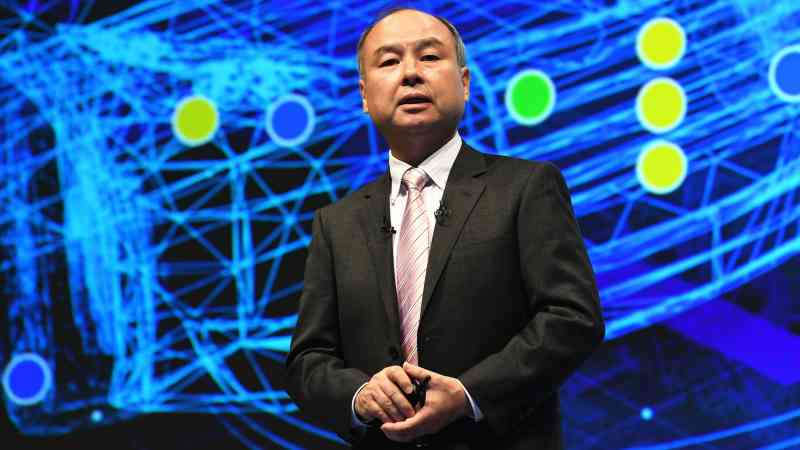
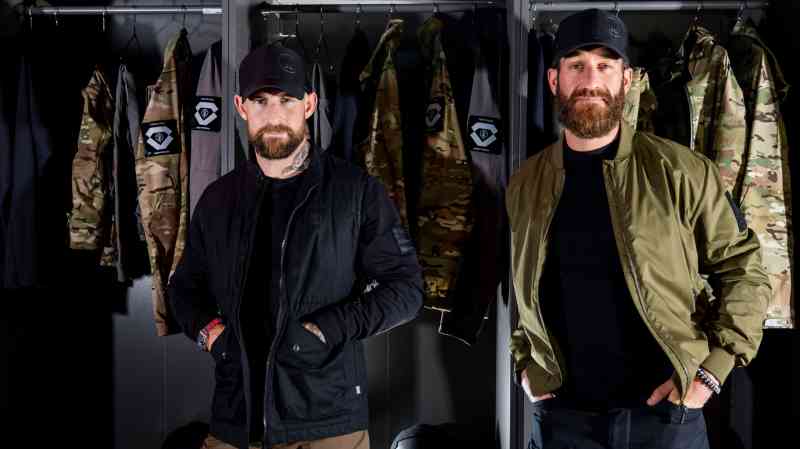
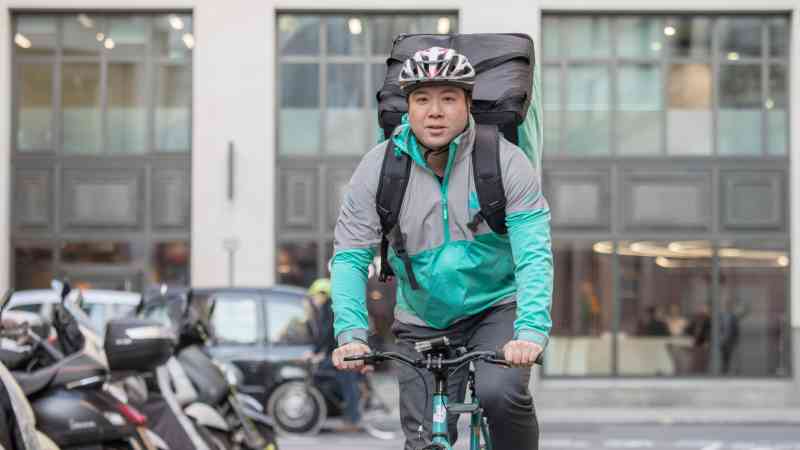
Post Comment